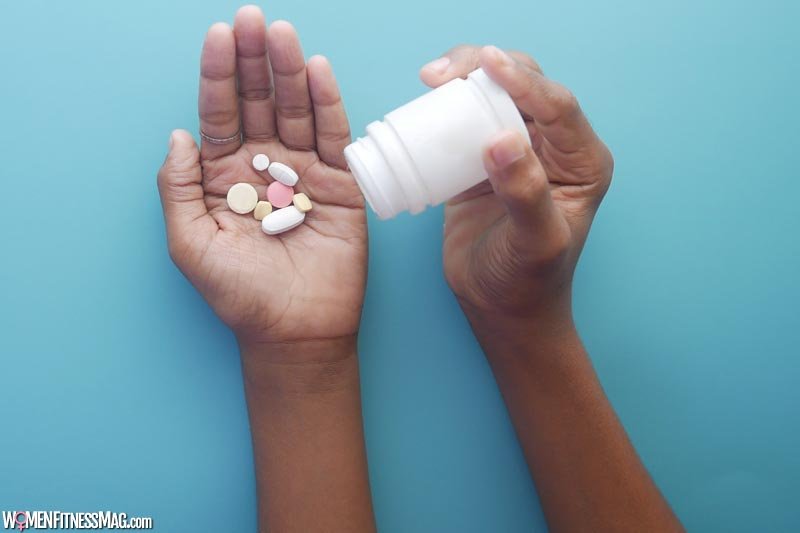How Medication-Assisted Treatment Works : Medication-assisted treatment, or MAT, is a type of treatment for substance abuse disorders that combines behavioral therapy with medication. The medication used in MAT helps to reduce withdrawal symptoms and cravings, making it easier for patients to stick to their treatment plan.
MAT is an evidence-based approach that has been shown to be effective in treating opioid use disorders. In fact, research has shown that MAT can help patients achieve long-term abstinence from opioids, stay in treatment, and improve their overall health and well-being.
How to Recognize the Signs of Substance Abuse
According to the National Institute on Drug Abuse, more than 19 million Americans suffer from substance abuse. That’s nearly one in every 12 adults! Because substance abuse is such a widespread problem, it’s important to know how to recognize the signs of abuse in yourself or in a loved one. Keep reading to learn more.
The most common signs of substance abuse are
- Changes in mood or behavior. If you or someone you know is abusing substances, you might notice sudden mood swings, irritability, or secrecy. The person may also start withdrawing from friends and family or participating less in activities that they used to enjoy.
- Changes in appearance. People who are abusing substances may let their personal hygiene slip or they may wear long sleeves all the time to hide needle marks.
- Financial problems. Substance abuse can be expensive, so people who are abusing substances may start having money troubles. They may borrow money from friends or family members without being able to pay it back, or they may start selling personal belongings to get cash.
- Work or school problems. People who are abusing substances may start missing work or school more often, or their performance may suffer when they are there. They may also get into legal trouble related to their substance abuse (e.g., DUI).
- Relationship difficulties. Substance abuse can damage personal relationships, so you may notice that the person is fighting with friends and family members more often than usual. They may also isolate themselves from loved ones as they withdraw from their addiction.
If you notice any of these signs in yourself or someone you know, it’s important to seek help right away because substance abuse can lead to serious health consequences like overdose, organ damage, and death. There are many resources available to help people struggling with substance abuse, so don’t hesitate to reach out for assistance if you need it.
Walkthrough of a Typical Medication-Assisted Treatment Program
A typical MAT program will involve the following steps:
- Admission into the program. This usually includes an assessment to ensure that the patient is appropriate for MAT.
- Stabilization phase. The patient will be started on medication and monitored closely during this phase. The goal is to reduce cravings and withdrawal symptoms so the patient can focus on recovery.
- Maintenance phase. In this phase, the dose of medication is gradually increased until the patient takes the optimal amount for their individual needs. During this time, patients will also participate in counseling and other forms of behavioral therapy to help them recover from their addiction.
- Tapering off phase. Once the patient has made significant progress in their recovery, they will begin to taper off their medication under the supervision of a medical professional. This process is gradual to help avoid relapse and ensure that the patient remains abstinent from opioids.
- Aftercare planning. Once a patient has completed their treatment program, they will work with their care team to develop a plan for aftercare and ongoing recovery. This may include continued counseling, sobriety support groups, and other forms of support.
Medication-assisted treatment is an evidence-based approach to treating substance abuse disorders that combines medications with behavioral therapies. MAT has been shown to be effective in helping patients achieve long-term abstinence from opioids, stay in treatment, and improve their overall health and well-being. If you or someone you know is struggling with an opioid use disorder, MAT may be an option worth exploring.
Related Videos about How Medication-Assisted Treatment Works :




